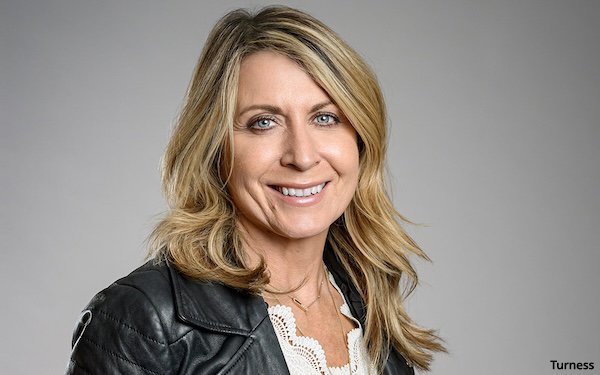
A scandal at the BBC has resulted in the
resignations of its top two executives -- Director General Tim Davie and Head of News Deborah Turness -- and raised questions about media bias.
In resigning this
week, Turness and Davie were taking responsibility -- or had responsibility thrust upon them -- for a BBC documentary about Donald Trump that aired a year ago in which two parts of the speech Trump
made in Washington on January 6, 2021, were each taken out of context and combined into one.
The newly constructed quotation appeared in an episode of the
BBC documentary series “Panorama” titled “Trump: A Second Chance?” that aired on October 28, 2024, a few days before Election Day.
The story about the spliced-together passages from Trump’s speech broke in The Telegraph on November 3. The paper learned about the edits from an “internal
whistle-blowing memo” it obtained.
advertisement
advertisement
The paper said the memo resulted from an investigation within the
BBC that concluded that the two parts were deliberately spliced together to make it seem like the President was encouraging the Capitol Hill riots.
The two
passages were actually 54 minutes apart in the speech. The passage created from the two was this, according to The Telegraph:
“We’re gonna
walk down to the Capitol and I’ll be there with you and we fight. We fight like hell and if you don’t fight like hell, you’re not gonna have a country anymore,” said the
doctored quote.
The quote was assembled, Frankenstein-like, from pieces of both. In an edited version of the
first one, Trump said, “We’re gonna walk down, and I’ll be there with you. … We’re gonna walk down to the Capitol and we’re gonna cheer on our brave senators and
congressmen and women …”
In the second passage, Trump was talking about his reaction to the outcome of the elections in November 2024 in which
he lost to Joe Biden.
“Most people would stand there at 9 o’clock in the evening [on Election Night] and say ‘I wanna thank you very much,’ and they
go off to some other life. But I said, ‘Something’s wrong here, something’s really wrong, can’t have happened,’ and we fight. We fight like hell, and if you don’t
fight like hell, you’re not gonna have a country anymore.”
If true, this is a very serious charge. It is a very substantial editing job, and likely
involved more than just one video editor who went rogue by himself in a BBC editing room. Various producers must have known about it.
It is much more elaborate than the edits CBS News made in the infamous “60 Minutes” interview with Kamala Harris that Trump sued them for.
As it happens, the litigious President is now threatening to sue the BBC for $1 billion. By contrast, Trump’s suit against CBS and Paramount ballooned to $20 billion.
It was settled a few months later for $16 million.
It is another twist and turn in
the career of Turness, 58, who is far better known in the U.S. than Davie due to her turbulent reign as president of NBC News from 2013 to 2017.
Those years
included the scandal of “Nightly News” anchor Brian Williams after it came to light that he had the habit of lying or exaggerating stories about his experiences as a journalist.
They also coincided with the completion of Comcast’s takeover of NBCUniversal, under which the news division came under increased scrutiny.
After 2017, Turness stayed with NBC as president of NBC News International. She left the company in 2021 and joined the BBC as CEO
of BBC News.
In May 2024, she turned up on a panel at the IAB NewFronts in Manhattan along with other top news execs for a discussion about the future of news media
that covered topics such as AI, news innovations and misperceptions of news.
“At BBC, we say that what we do is -- we’re engaged in the pursuit
of truth,” Turness said on the topic of news misperceptions. “We have no agenda.”
“And the second half is just as important as the
first half,” she said. “We live by that. You’re standing up for impartial journalism in a world where people are living in echo chambers. It’s really, really hard because when
they emerge from their echo chambers, and they meet impartial journalism, they think it’s against them.”